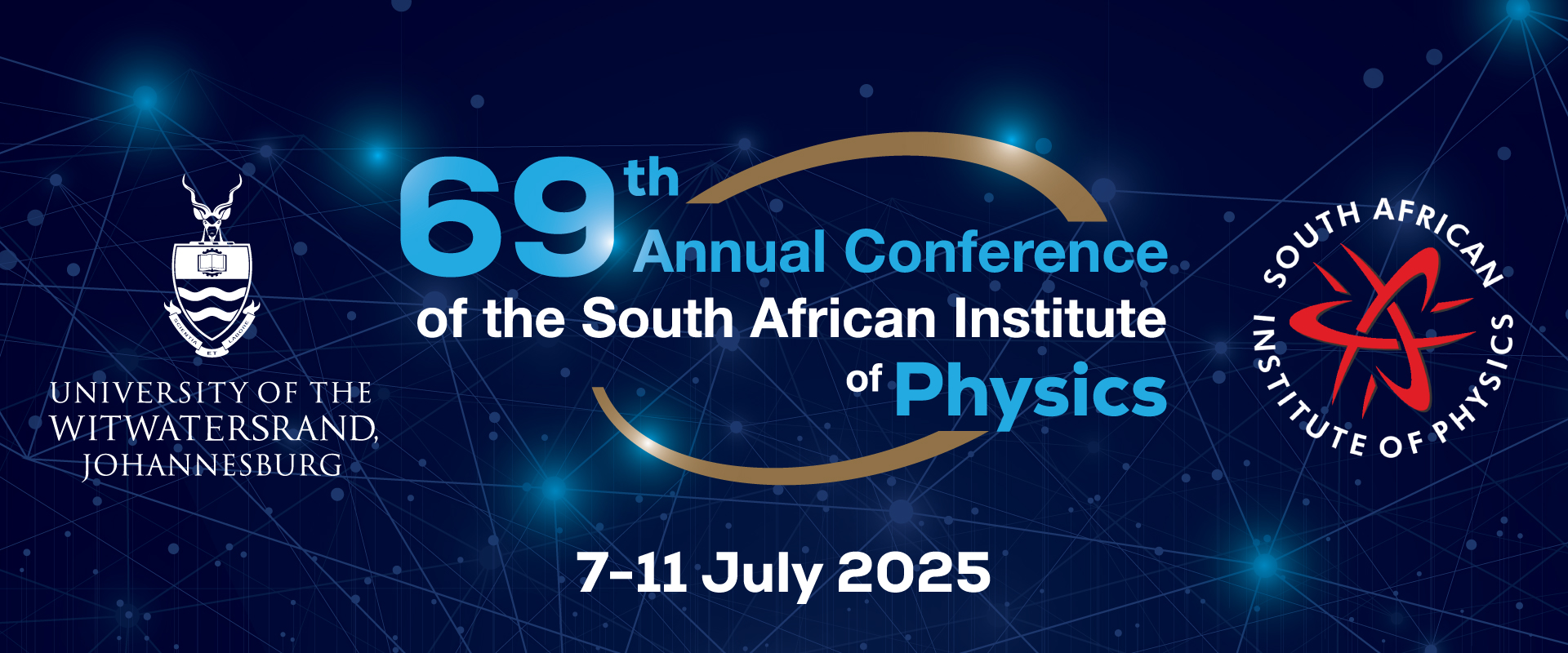Speaker
Description
While searches for physics beyond the Standard Model (BSM) have yet to yield conclusive discoveries, they continue to motivate the development of more flexible, data-driven strategies. At the ATLAS experiment at the Large Hadron Collider (LHC), trigger systems are used to rapidly select potentially interesting proton–proton collisions for further analysis. Traditional triggers rely on pre-defined criteria, such as high-momentum particles, which may miss more subtle or unconventional signs of new physics. To overcome this limitation, machine learning algorithms are being developed to identify anomalous events in real time based on their overall detector signature, rather than specific features. Using unsupervised learning techniques, these algorithms learn to characterise typical collision patterns directly from the data, without input from Standard Model or BSM theory. Events that diverge significantly from these patterns are flagged as anomalous for further study. Such events are stored for detailed offline analysis. This approach enables a broad and largely model-independent search for unexpected phenomena in the vast datasets of Run-3 and beyond, potentially revealing signals that targeted BSM searches might overlook.
| Consent on use of personal information: Abstract Submission | Yes, I ACCEPT |
|---|

